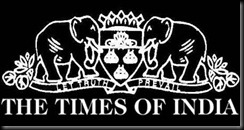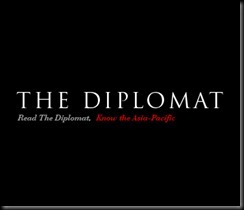THE PHILIPPINES IN 2050
Fernando Fajardo
The Inquirer, February 29, 2012
From number 43 in 2010, the Philippine economy will become the 16th biggest in the world in 2050. This forecast is from HSBC’s report on “The World in 2050” released last January this year. Is this possible? Can we make it? What does it mean being in number 16? The HSBC itself has some answer if it is possible or not: “We openly admit that behind these projections we assume governments build on their recent progress and remain solely focused on increasing the living standards for their populations. Of course, this may be an overly glossy way of viewing the world, and we conclude there are a number of reasons our ‘World in 2050’ could turn out a little different.”
There are many possible reasons why its forecast may go nowhere? But before that, let us look at how the HSBC arrived at the Philippines becoming number 16 in 2050.
At the outset, HSBC grouped the country into three categories—the fast economies, growth economies and stable economies. The fast-growth economies are those that are at a low level of development but which have sufficiently strong underlying fundamentals so that they catch up with more developed economies with similarly strong fundamentals. The HSBC assigned the Philippines in this category together with China, India Malaysia and Vietnam, among others. The “growth” group, which are also set to outperform many of the developed world economies, includes Indonesia and Thailand, along with Pakistan because of sheer size of its working population. The stable group of countries offer more limited growth prospects. These largely include the high growth, ageing economies in the developed world, of which Europe fares particularly badly.
(...) [artículo aquí]
























